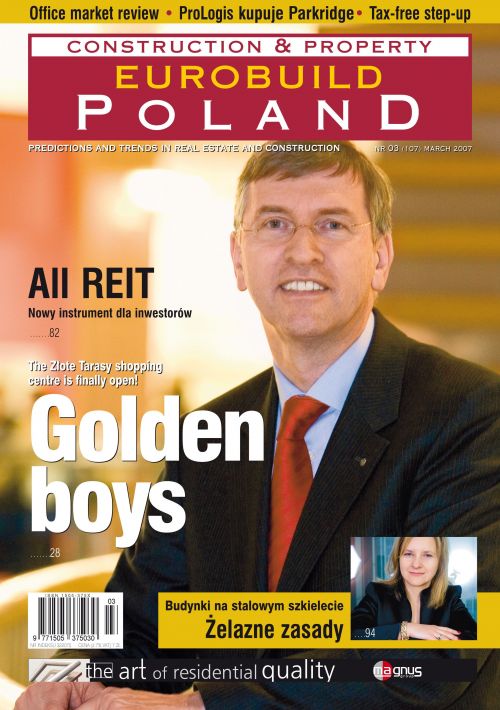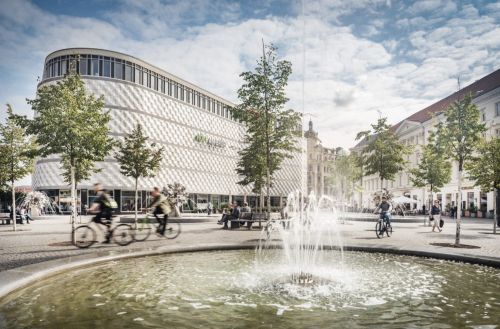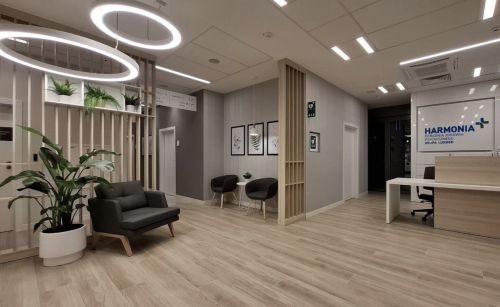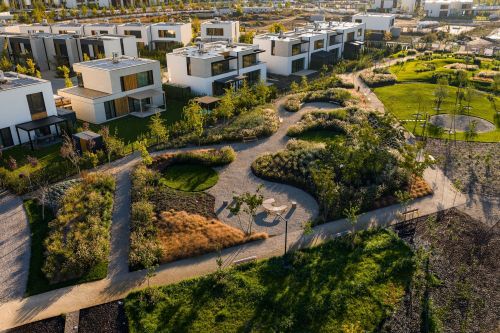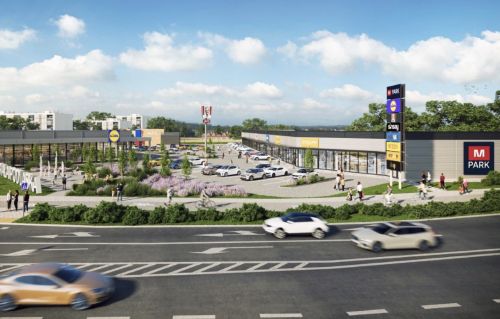Two sports stadiums, two potential retail developments and two disappointed UK developers. A look at the kind of pitfalls facing investors interested inre-developing municipal propertiesRecently each successive year in Poland has seen a record amount of foreign investment in the country’s real estate. This has come to our shores despite the often labyrinthine legal problems over the rights of land ownership and negotiations with public authorities, as well as tender and planning permission procedures. With such a stampede of companies fighting over the best plots to develop their projects, there are bound to be winners and losers. To illustrate the problems typically faced by such potential investors, we shall look at two cases in different Polish cities, both involving difficulties and disappointments for UK companies, and both redevelopments of sports stadiums. The first of these is located in the city of Toruń, and concerns the fate of the motocross stadium on ul. Broniewski

























